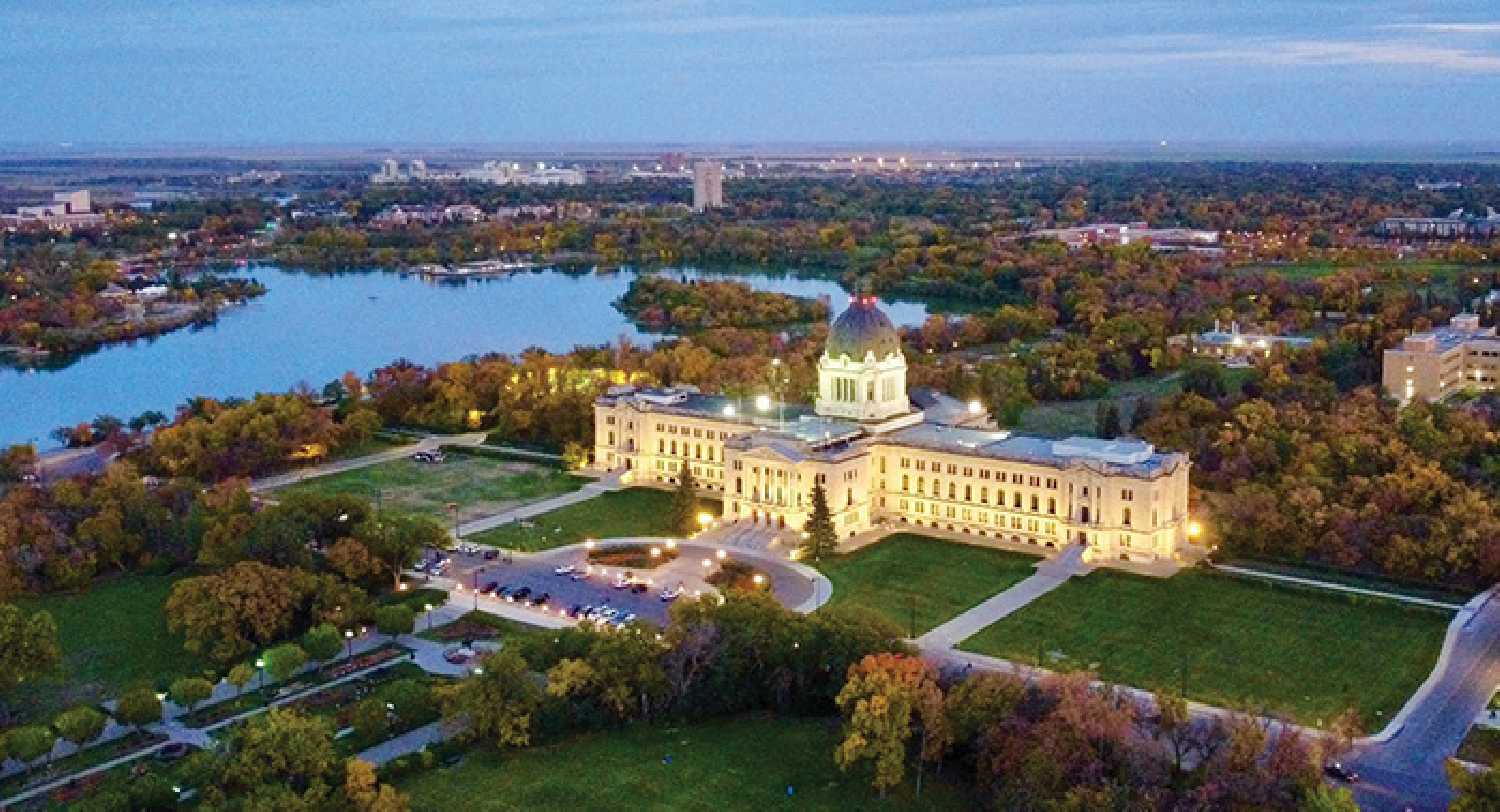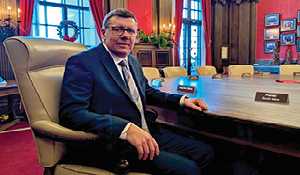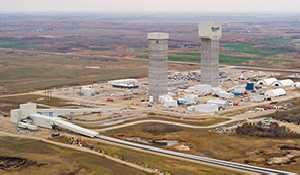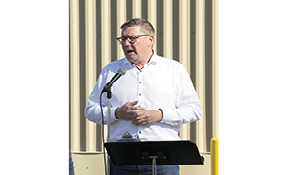Feds drop carbon tax on home heating oil
Moe says SaskEnergy will stop collecting carbon tax on natural gas for home heating if feds don’t extend exemption
November 15, 2023, 9:31 am
Kevin Weedmark


Days after the federal government announced a pause on the carbon tax for home heating oil, Saskatchewan Premier Scott Moe called on the federal government to remove the carbon tax on all home heating in Canada, and said if it does not, SaskEnergy will stop collecting the tax.
Most homes in Manitoba and Saskatchewan are heated with natural gas, which emits far less carbon than heating oil. Heating oil is the main fuel for home heating in the Maritime provinces. In addition to the pause on the carbon tax on home heating oil for three years—until after the next federal election, the government promised free heat pumps for lower income Maritime residents.
“It’s only fair to other Saskatchewan and Canadian families,” Moe said. “Hopefully that exemption will be provided soon, but if not, effective January 1, SaskEnergy will stop collecting and submitting the carbon tax on natural gas, effectively providing Saskatchewan residents with the very same exemption that the federal government is giving heating oil in Atlantic Canada.
“As premier, it’s my job to ensure Saskatchewan residents are treated fairly and equally with our fellow Canadians in other parts of the country, and that’s what I am doing today,” Moe said. “Of course, the real solution would be for the federal government to scrap the entire carbon tax on everyone and everything, but until that happens, it needs to at least be applied fairly across Canada, and that should mean no carbon tax on using natural gas to heat your home this winter in Saskatchewan.”
The NDP is supporting the government on the issue. A motion calling on the federal government to extend the carbon tax exemption to all home heating across the country, and backing the plan to have SaskEnergy stop collecting the tax, passed unanimously in the legislature Monday.
Moosomin MLA Steven Bonk says the issue of home heating is part of the larger issue of the carbon tax itself.
“You know, I think there’s a broader issue at stake here and one is that the carbon tax is a tax that no one asked for, no one wanted, and is ineffective,” he said.
“The whole premise when the Saskatchewan government took the Federal Government to the Supreme Court over the carbon tax, the premise of the decision by the Supreme Court was that it was a tax that would be implemented fairly across Canada. It was an ineffective tax that no one wanted, but at least the federal government attempted to apply it fairly across Canada—now they’re not. With them not applying it fairly, that totally destroys their whole argument and premise of the Supreme Court decision.
“It also destroys a few other myths, for example, that people have a net benefit from the carbon tax—that they actually received more money back from the government than they paid in carbon tax. We know this isn’t true from the government’s own Parliamentary Budget Officer where he said that people in Saskatchewan actually pay more in carbon tax than they receive back in the rebate. If it was the case that they did get more money back from the government, then why on earth did they have to reverse their decision on heating oil as an affordability measure? There are so many things that are contradictory and I feel that this whole carbon tax argument is just imploding and crumbling on the federal government at the moment.”
He said there is reason to question the motivation of the federal government on the home heating fuel exemption.
“There’s all sorts of questions about the fairness and motivation behind it,” he said. “When you have a federal minister stating publicly that if people on the prairies want representation in our federal government, that’s supposed to look after all citizens in this country, that they need to elect more Liberals or their voice won’t be heard, there’s a real problem with representation and fairness in this country.”
He said SaskEnergy stopping the collection of the tax is a reasonable response. “I think it’s fair to the citizens of Saskatchewan and actually, in all honesty, we’re not doing anything different than what the federal government is doing. So if they can exempt one form of heating for one portion of the country, why can’t we do it for our citizens here?”
He said he thinks the reasoning behind the carbon tax is unravelling.
“We’ve never wanted this tax, we think that it should be removed from all sources of heating and everything else, from everyone. It’s our hope that we can find a political solution to this and that the government will exempt the rest of the country from the carbon tax on all forms of heating, but that seems unlikely as I saw Minister Wilkinson say that there will be no further exemptions. Hopefully there will be a political solution to this and if not, we’re prepared to protect the best interests of the people of Saskatchewan, who we represent.”
Bonk said the carbon tax has become a huge burden.
“On average it’s about 40 per cent of the SaskEnergy bills here,” he said.
“So that’s a huge tax burden, a huge cost to the people of Saskatchewan. No one here is asking for this and it’s proven not to work.
“So why on earth are we paying for something that the people of Saskatchewan have flatly rejected and don’t want. I think it’s an issue of we need a federal government that’s listening to its citizens and will react to the needs and wants of their citizens—not to ideological whims.
“It’s a very important issue for our government and something that our government is really focused on, is just being a predictable and stable government, where the citizens of Saskatchewan know what they can expect from us, that we’ve got their best interests at heart and that we’re here to support Saskatchewan families and businesses.
“It seems to work here because you can see a new announcement from BHP this week. It’s the largest investment ever from the largest mining company in the world and that’s the direct result of stability and predictability of a government that knows that in order to grow the economy, to protect the services that we rely on, we need stability and we need a government that listens to the needs and wants of its people.”



































